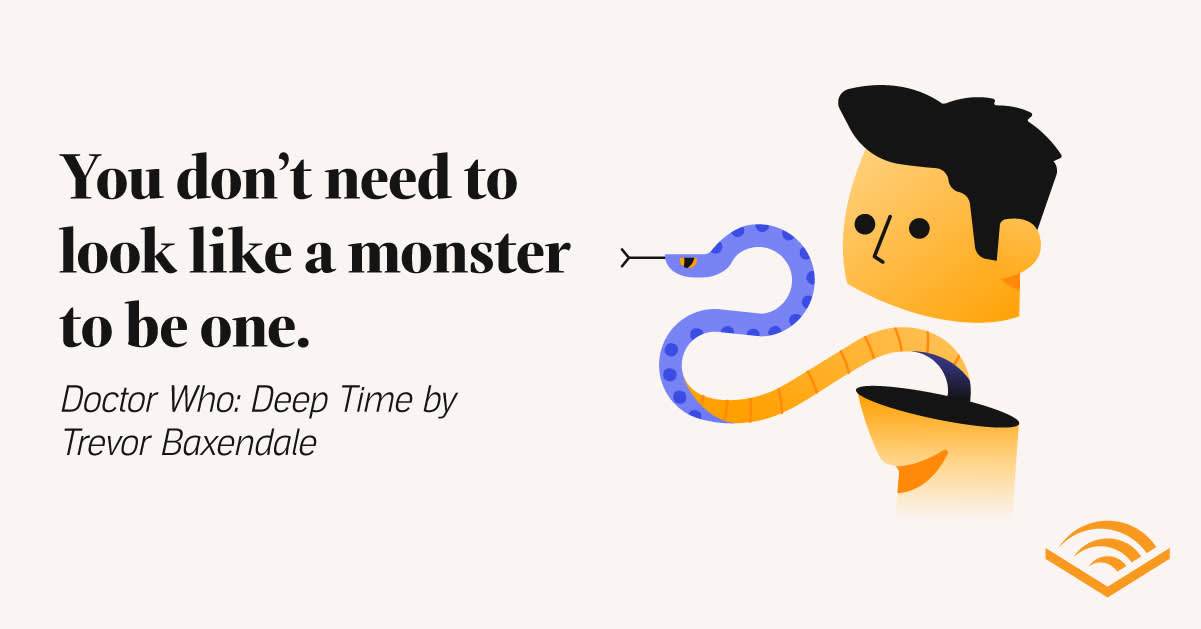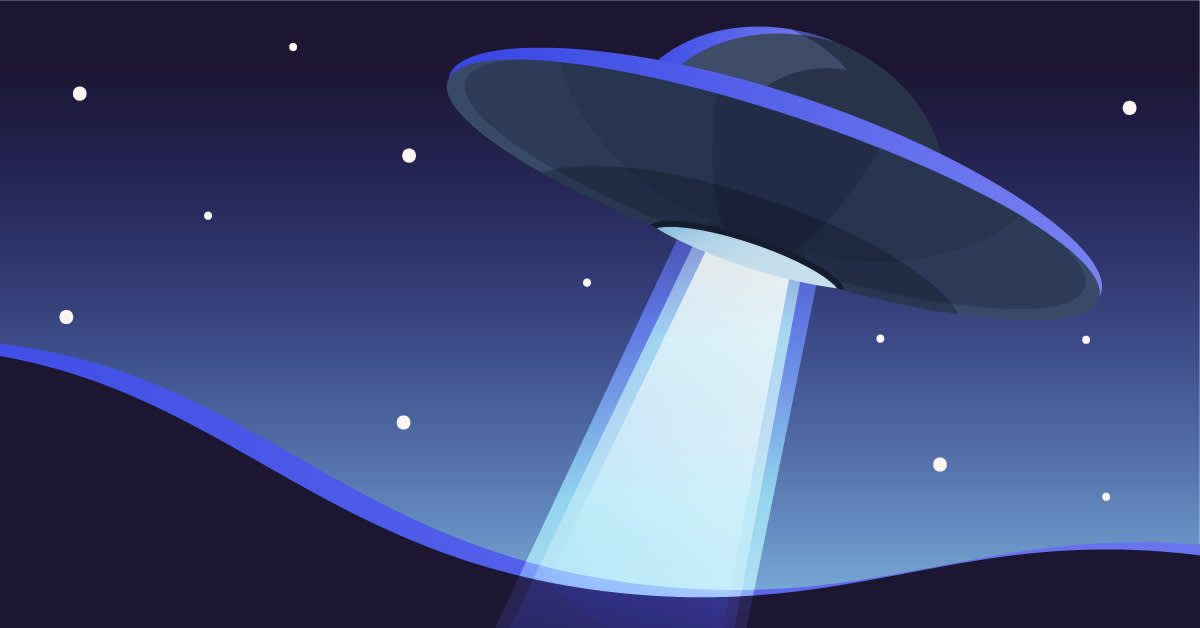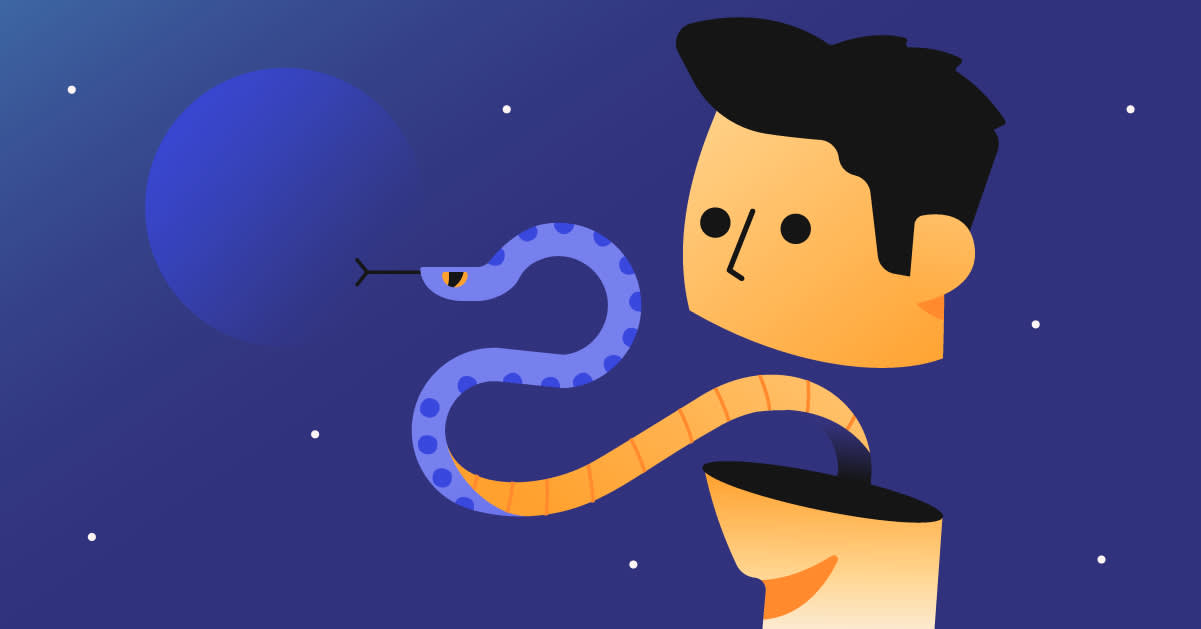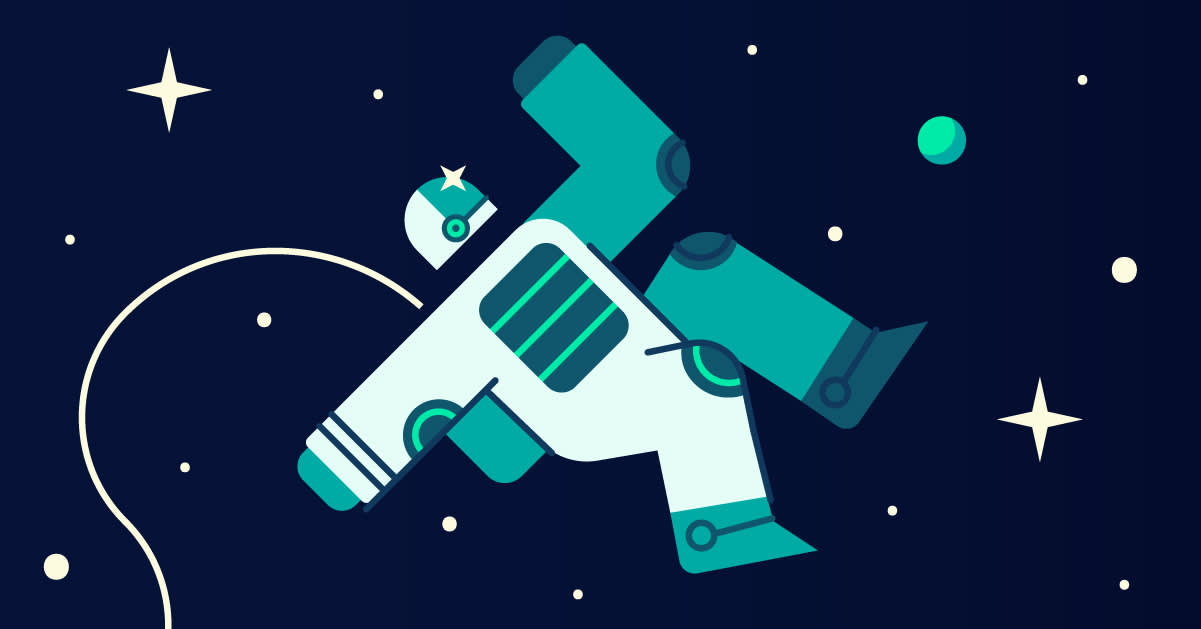I was curious about Doctor Who for over a decade before I finally decided to dive in. Up until then, fandom felt daunting. It's challenging to know where to start a series built on more than 60 years of history, countless spin-offs and adaptations, and a massive amount of lore. Did I need to go back to the 1963 television premiere to understand the show? What's it about? And what the heck is a TARDIS?
Yes, Doctor Who comes with a whole lot of history—but it’s well worth getting up to speed. I chose to start with the 2005 reboot of the series and worked my way into the Whoniverse from there, but no matter where you jump in, there's really no wrong place to begin. Read this explainer of the world of Doctor Who to give you a basic understanding of everything you need to know and then bravely venture into the galaxy—whether your first adventure is housed in the audiobooks, television series, movies, radio dramas, or beyond.
What is Doctor Who about?
Doctor Who is a long-running British science fiction series following the Doctor, an alien humanoid Time Lord who travels through space and time to fight evil, protect the innocent, and stop history from being catastrophically altered. The Doctor, who "regenerates" into a new body when seriously injured, has been played by many different actors across the history of the show. They travel the universe, usually with a human companion, in a spaceship called the TARDIS that appears as a blue British police box to outside observers.
Doctor Who was designed as a show for the whole family that combines action, adventure, space travel, and comedy. It is typically made up of self-contained episodes that can be enjoyed out of context, set in different times and locations, spanning historical events on Earth to the distant future in other galaxies. Many seasons also contain serialized multi-episode story arcs. Frequently exciting, often adventurous, and always alive with humor and heart, Doctor Who is a television long-stay for good reason.
So, who is the Doctor? And what is a “companion”?
The Doctor is a Time Lord, a humanoid alien who can travel through time in a nonlinear fashion. Time Lords tend to live very long lives, often for centuries, and can regenerate into new bodies when they're seriously injured. They can, however, be killed, and so, we meet the Doctor after a massive war with the Dalek when they believe themself to be the only remaining Time Lord.
With each regeneration, we meet a slightly different version of the Doctor with a varying balance of eccentricity, curiosity, irritability, and compassion, all of which fit into the larger arc of the Doctor's lifetime. They travel by TARDIS and use a Sonic Screwdriver, a futuristic multipurpose tool, to solve a wide variety of problems. The Doctor takes a special interest in Earth and humanity.That leads us to the role of the companion, which I must admit was also my biggest source of confusion when I first started . The Doctor's companions are usually (although not always) human, and often (although not always) young women. I quickly noticed a certain romantic tension between the Doctor and their companions, one that usually came with inner turmoil for the Doctor. Are companions meant to be love interests for the Doctor? Not really. In fact, in the 1963 to 1989 run of the series, writers prohibited romantic storylines between the Doctor and their companions, shooting instead for a more parental relationship. From a storytelling perspective, companions are a stand-in for the audience, characters who are as amazed and surprised as the folks watching at home. They also add a certain element of danger and risk, becoming someone the Doctor frequently has to save. So, what purpose does a companion serve for the Doctor? In most cases, they fall somewhere between "friend" and "assistant," providing color commentary and occasionally proving helpful in their own right, as they are teachers, scientists, journalists, and more. Mostly, the role of the companion is to entertain the Doctor and serve as a kind of moral compass, reminding the Doctor of humanity's complexity and why the universe is worth saving.







